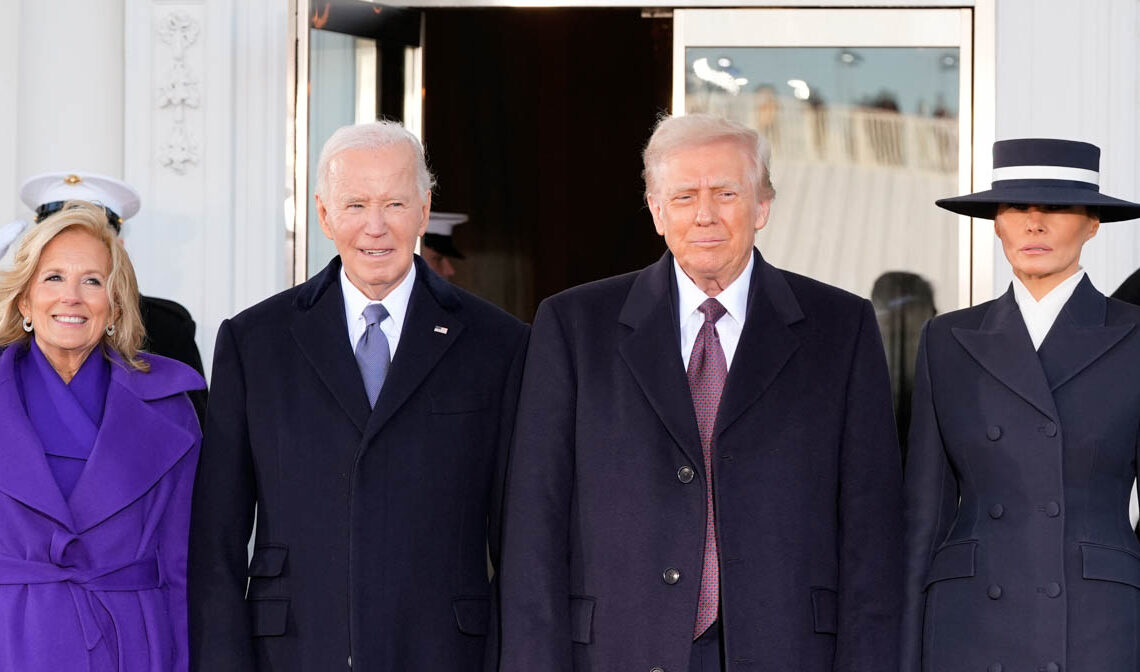By Jon Mettus
Editor-In-Chief
Just hours before the automatic spending cuts were set to take effect, Congress passed a deal they hoped would prevent the United States from going over the “fiscal cliff.” A day later, President Obama signed the American Tax Payer Relief Act of 2012 into law.
On Jan. 1, the bill passed with a majority of Democrats and Republicans supporting it in the Senate despite a majority of the Republicans in the House of Representatives opposing it.
While the Act is not a full solution to the “fiscal cliff,” it is a partial resolution in that it addresses the expiration of the Bush Tax Cuts (the Economic Growth and Tax Relief Reconciliation Act of 2001 and the Jobs and Growth Tax Relief Reconciliation Act of 2003), as well as certain provisions of the Budget Control Act of 2011.
The American Tax Payer Relief Act of 2012 kept the tax rates for income, capital gains, and dividends the same as in 2012, for individuals with taxable income of $400,000 per year or less. For individuals with taxable income over $400,000 per year, the income tax rate was raised from 35 percent to 39.6 percent. The Act did not extend payroll tax cuts which had been in effect for 2011 and 2012. As of Jan. 1, 2013 payroll taxes have gone up two percent (from 4.2 to 6.2 percent).
Over ten years, the bill will create around $600 billion in new tax revenue, which is about 20 percent of the revenue which would have been raised had a “fiscal cliff” deal not been reached.
As part of the American Tax Payer Relief Act of 2012, budget sequestration put in place by the Budget Control Act of 2011 was put off for two months to give more time to negotiate deficit reduction. The sequestration would have meant that a certain percentage of each government agencies allotment of funding would have been withheld by the treasury.
Additionally, federal unemployment benefits and a pay freeze for Congress were extended.
“This bill only pushed the issue back, and no one really benefited from it,” senior Mike Meredith said. “Now one of the most hated congresses of all time, more hated than cockroaches, has to decide what to do about the deficit, spending, and job crises that currently plague this country. The ‘grid lock’ that takes place in Washington in unacceptable. While it is a part of the political process, it can’t be used to the point at which no laws are passed, and we have to set a time limit and give intimidating names to events that should have been taken care of months ago.”







